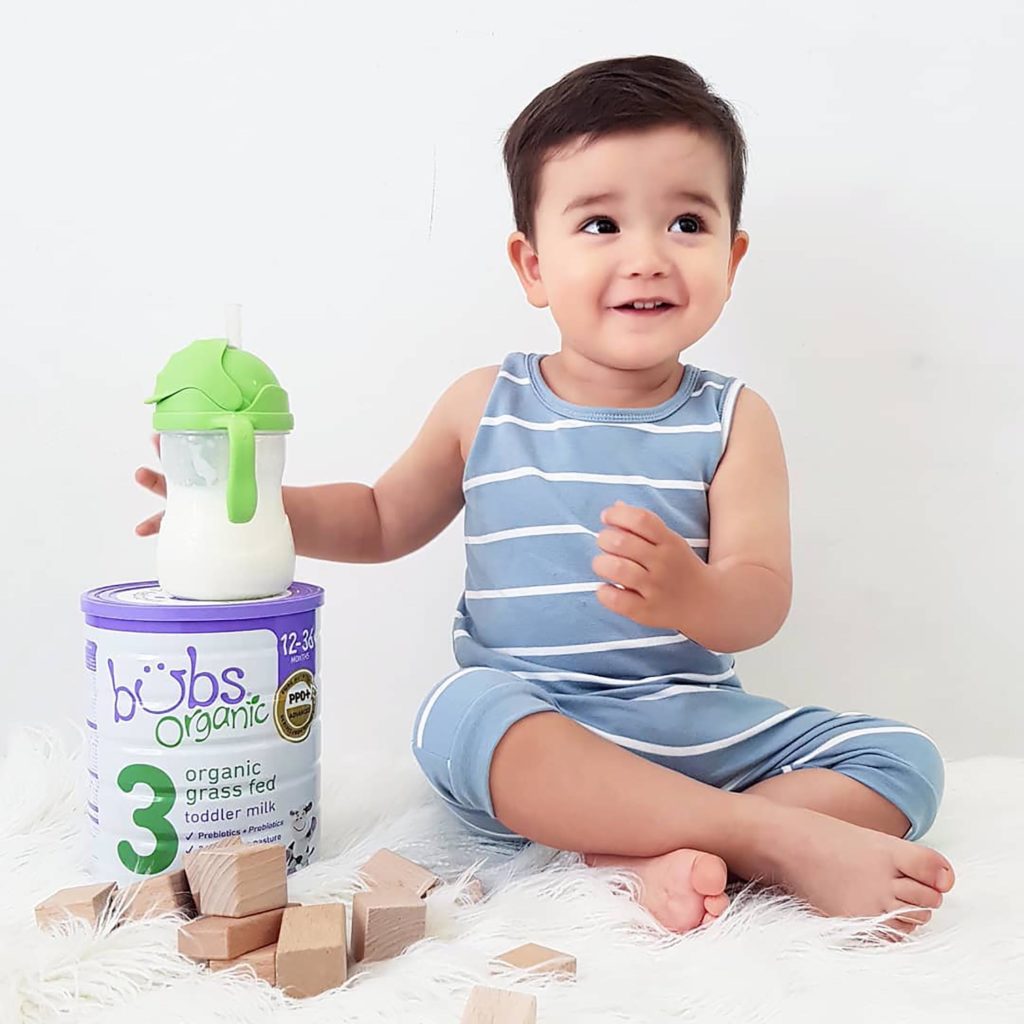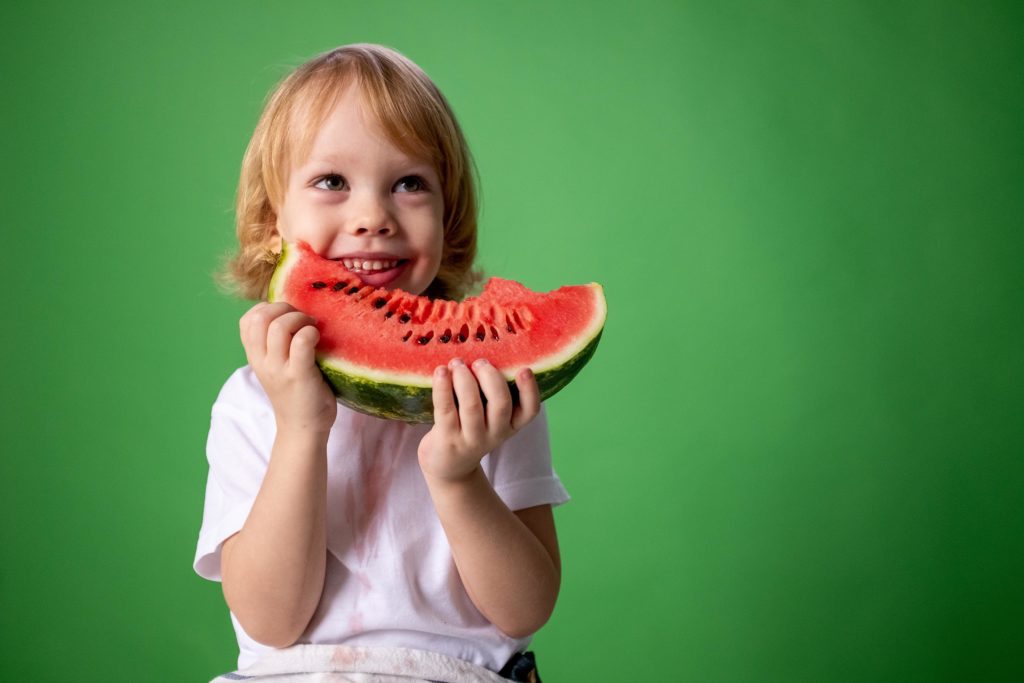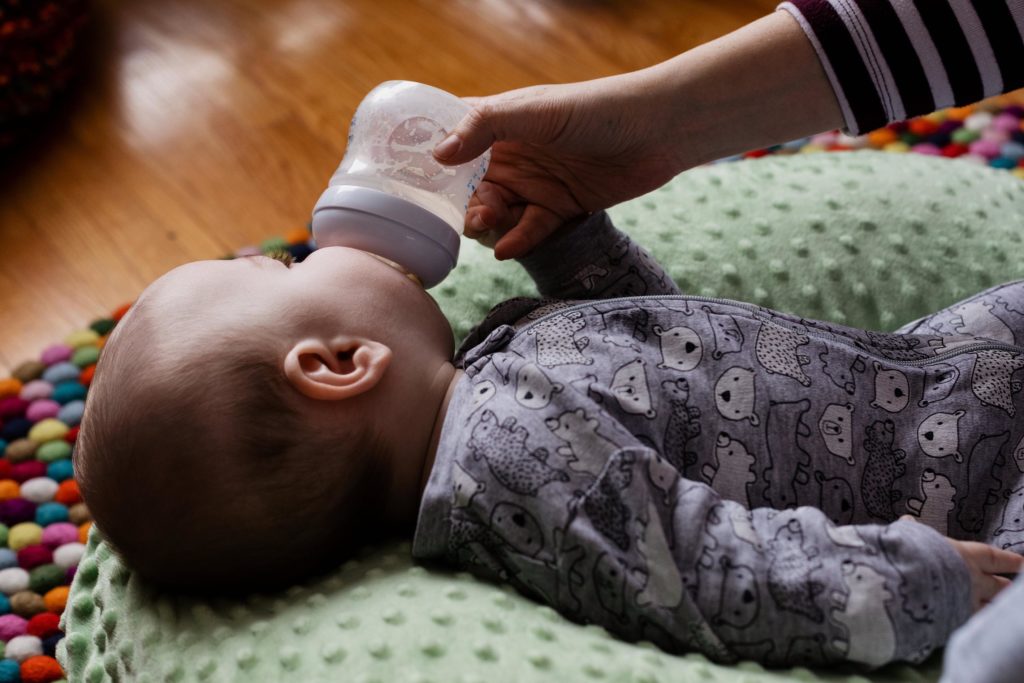Toddler milk: is it really necessary?
Victorian Health Promotion Foundation VicHealth is calling for an end to aggressive marketing of toddler milk formulas. New research reveals some products are up to four times more expensive than cow’s milk. Plus they contain more sugar and fewer nutrients.
A Deakin University and VicHealth study of 50 milks targeted at children aged 12 months and over has found that some cost up to $1.02 per 200ml serve. Regular cow’s milk costs just 26 cents per serve. If consumed daily, toddler milk would cost a family as much as $23.56 more per month than regular cow’s milk.
VicHealth CEO Dr Sandro Demaio says that toddler milk products are not just incredibly expensive. They are also completely unnecessary.
“This research shows that toddler milk formulas are up to four times more expensive than their regular fresh milk counterparts,” she says. “They’re also less nutritious. They contain more sugar and less protein than regular milk, while many also offer less calcium.
“Despite this, manufacturers are using Instagram influencers, targeted digital advertising and on-pack claims to try and lure Australian families into believing these ridiculously priced products are ‘essential’ for their child’s health.”
At a time when many families are finding it hard to afford healthy food, the last thing they need is to be guilted into thinking they should fork out excessive amounts of money on these unnecessary products, Dr Demaio claims.

Sweet lies and dangerous claims
The research found that some toddler milk products contain up to 8g more sugar per 200ml serve than an equivalent fresh milk product. If consumed daily, a child would consume around 240g more sugar – 60 teaspoons – over a month versus fresh milk.
Dr Demaio says that toddler milk products fall into a regulatory “loophole” when it comes to marketing. But they may be harmful to a child’s health in the long term.
“Unlike infant milk formulas, marketing claims about toddler milk products are under-regulated in Australia,” she says. “This is potentially dangerous, as toddler milk could be harmful to the health of growing children. If children consume these toddler products instead of exploring regular foods and drinks, they won’t have a chance to develop healthy eating habits that are vital for a long, healthy and happy life.
Dr Demaio says the federal government should urgently act to set higher standards for more honest labelling of added sugars and how these products are marketed to families.

Other toddler-targeted tricks
Researchers also looked at 88 toddler yoghurts and snacks and found that, on average:
1. Toddler yoghurts cost around $2.20 more per serve than regular yoghurt. A family would need to fork out $68 more to feed a child toddler-branded yoghurt each day for a month.
2. Fruit-based toddler snacks were almost 12 times more expensive than fresh fruit. They cost on average $124.60 per kg vs. $10.80 for 1kg of fresh fruit.
3. Toddler dried fruit was more than 8 times the price of regular dried fruit.
4. Toddler fruit snacks contain more sugar per 100g than fresh fruit: 40g vs. 9.2g.
Deakin University PhD student Jennifer McCann says that, like toddler milk, other foods that are marketed specifically for toddlers don’t provide value for money. They’re also often packed with harmful added sugars.
“It’s much more cost-effective and healthier to buy regular whole foods and portion them into toddler-sized servings at home,” she advises. “When a child reaches 12 months, they can eat and drink regular whole foods, yoghurt, fresh fruit or vegetables. Regular, healthy family foods are better for a toddler’s health while also being much more affordable.”

An unhealthy influence
Parents’ Voice manager Alice Pryor says it’s worrying to see a rise in manufacturers using Instagram influencers to sneakily promote toddler milk and foods to Australian families.
“Toddler milk and food companies are increasingly using Instagram influencers to promote their products to their very large followings of loyal women and mums,” she says.
“Mum influencers have become extremely clever at making casual recommendations for toddler foods and milks in their own ‘voice’ via their Instagram accounts, to make their posts look less like an advertisement. Influencers often don’t disclose these posts as paid partnerships. So families are likely unaware the influencer is being paid or compensated for their so-called opinion. It’s very concerning.”

What’s the difference between infant and toddler milks?
Infants under 12 months who are unable to be breastfed need specially developed infant formulas. These are fortified and nutritionally adequate (plain cow’s milk is not appropriate). But after 12 months of age, plain cow’s milk is appropriate along with regular family foods and breastfeeding. It’s not necessary to use formulas after 12 months.









